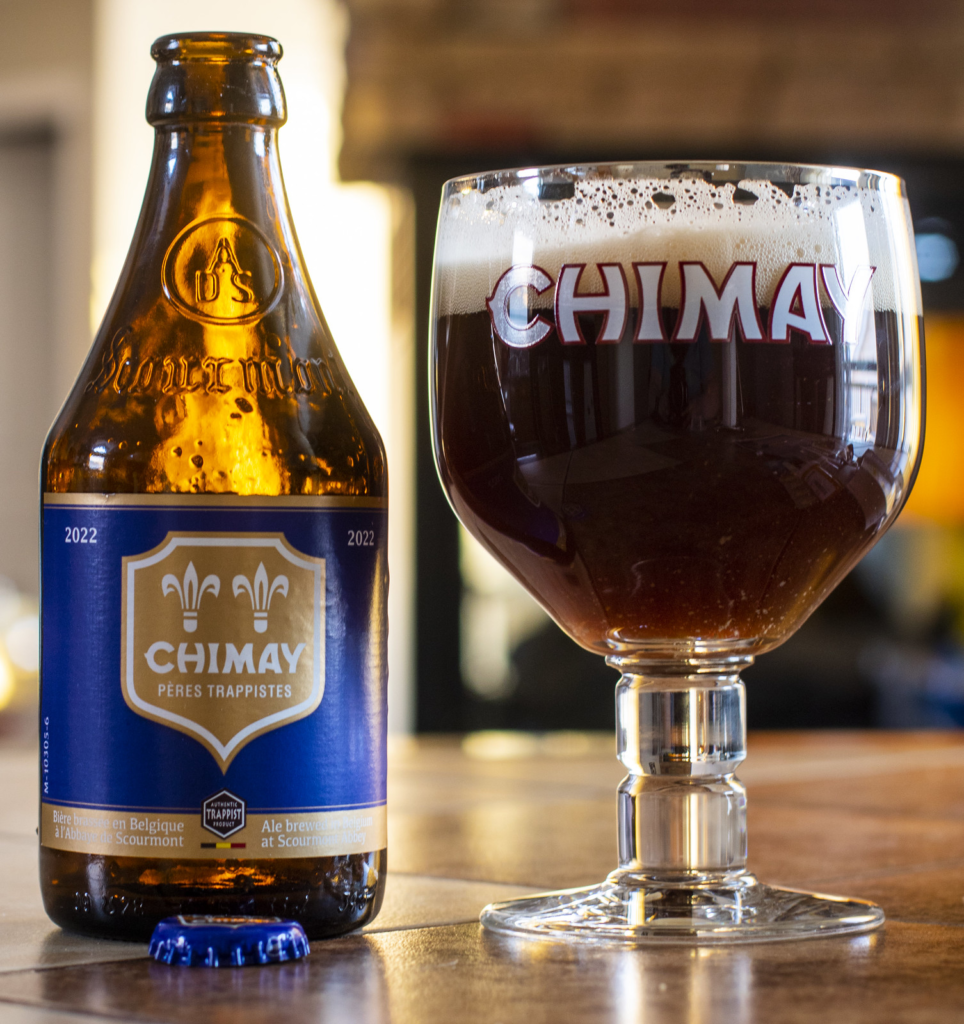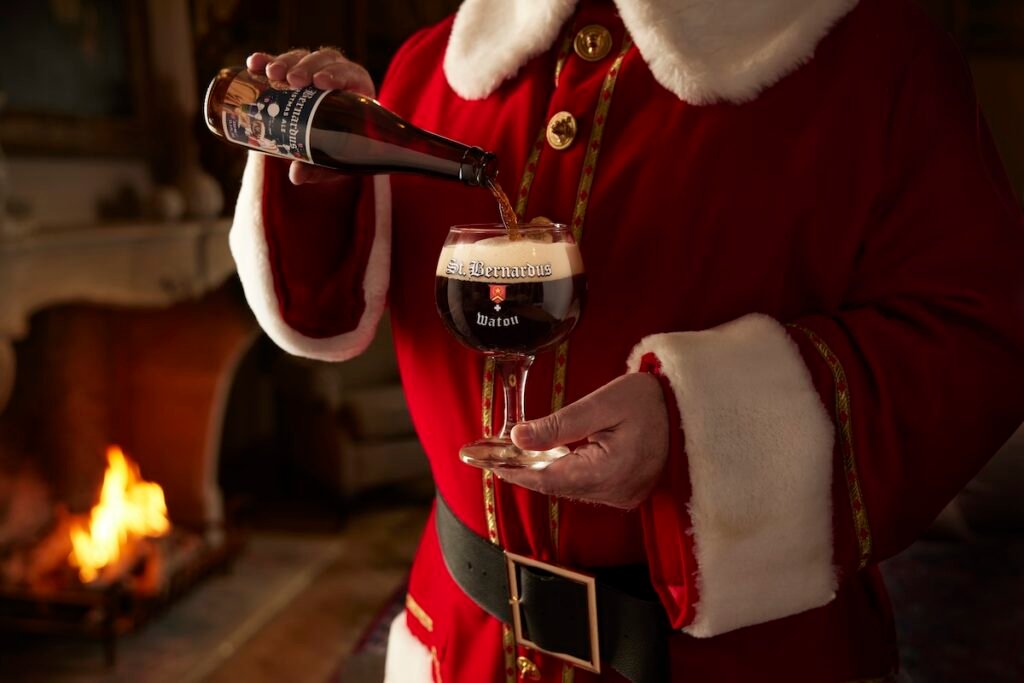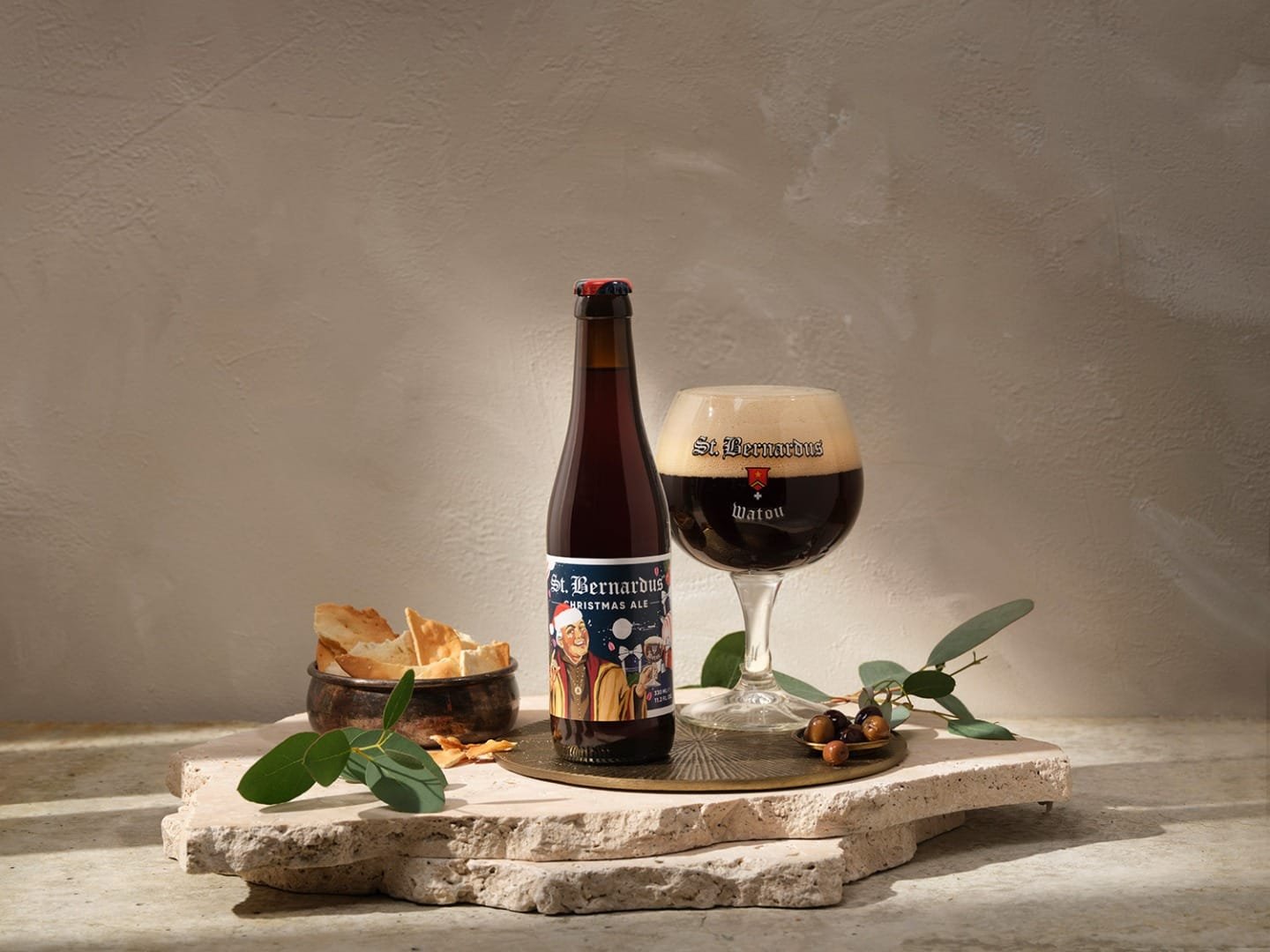Belgium, a small yet culturally rich country in Western Europe, is renowned for its exceptional beer. Among its many styles, Christmas and winter beers hold a special place, characterized by their unique flavors, festive packaging, and deep-rooted traditions. As the winter months approach, breweries across the country prepare to unveil their seasonal offerings, each with its own story and significance. This article delves into the history, brewing techniques, and cultural importance of these beloved winter brews.
A Historical Perspective
The tradition of brewing special beers for the winter season in Belgium can be traced back centuries. Historically, winter was a time when agricultural work slowed down, allowing brewers to focus on crafting unique beers. The colder months also coincided with various religious celebrations, including Christmas, prompting breweries to create stronger, more flavorful beers that could be enjoyed during festive gatherings.
Belgium’s brewing heritage is steeped in monastic traditions, with Trappist and abbey beers being among the most famous. Many of these monasteries produced seasonal beers to celebrate religious holidays, including Christmas. These brews were often richer and more robust than their everyday counterparts, designed to be savored during communal meals and celebrations.
The Characteristics of Winter Beers
Belgian winter beers are typically characterized by their higher alcohol content, rich malt profiles, and complex flavor profiles. They often feature notes of dark fruits, spices, caramel, and toffee, making them perfect for sipping by the fireplace. The brewing process for these beers often involves the use of special yeast strains that contribute to their unique flavors and aromas.
One of the most notable styles of winter beer is the Belgian Dubbel, which is dark, malty, and slightly sweet. Dubbels often include flavors of raisins, figs, and caramel, making them a popular choice during the colder months. Another style, the Belgian Quadrupel, is even stronger and richer, often boasting an alcohol content of 10% or higher. These beers are typically aged longer, allowing their flavors to develop further.
The Role of Spices
Spices play a crucial role in the flavor profiles of many Belgian winter beers. Breweries often incorporate traditional spices such as cinnamon, nutmeg, and coriander, which evoke the warmth and comfort associated with the winter season. These spices not only enhance the flavor but also contribute to the aromatic experience of the beer.
Some breweries take a more experimental approach, adding ingredients like orange peel, ginger, or even chocolate to create unique seasonal offerings. This creativity reflects the innovative spirit of Belgian brewers, who are known for pushing the boundaries of traditional brewing techniques.
Iconic Belgian Winter Beers

Several Belgian breweries have become synonymous with winter beers, each offering their own take on this beloved tradition. One of the most famous is St. Bernardus Christmas Ale, brewed in the West Flanders region. This ale is rich and complex, with flavors of dark fruits and a hint of sweetness, making it a favorite among beer enthusiasts.
Another noteworthy example is Delirium Noël, produced by Brouwerij Huyghe. This beer is known for its striking packaging, featuring a pink elephant, and its rich, malty flavor profile with hints of caramel and spices. It’s a perfect representation of the festive spirit that surrounds winter beers in Belgium.
Chimay Blue, brewed by Chimay Brewery, is another iconic winter beer. This strong dark ale is known for its deep flavors of dark fruit, chocolate, and a warming finish. It is often enjoyed during the holiday season and has a loyal following among beer aficionados.
The Cultural Significance
In Belgium, the tradition of brewing winter beers goes beyond mere consumption; it is deeply intertwined with the cultural fabric of the country. Winter beers are often enjoyed during family gatherings, holiday feasts, and festive celebrations. They serve as a way to bring people together, fostering a sense of community and shared experience.
Belgian Christmas markets, which pop up in cities and towns across the country, often feature local breweries showcasing their seasonal offerings. These markets become vibrant hubs of social interaction, where people gather to enjoy mulled wine, hot chocolate, and, of course, winter beers. The atmosphere is filled with laughter, music, and the aroma of seasonal treats, creating a festive environment that celebrates both tradition and community.
Pairing Winter Beers with Food

The rich flavors of Belgian winter beers make them excellent companions for a variety of foods. Their malty sweetness and complex spice profiles can complement hearty winter dishes, such as stews, roasted meats, and rich cheeses. For example, a Belgian Dubbel pairs beautifully with a beef stew, enhancing the dish’s flavors while providing a warming contrast to the cold weather.
Desserts also find a perfect match in winter beers. Dark ales can be paired with chocolate desserts, while spiced beers can complement fruit-based treats. The interplay of flavors between the beer and food creates a memorable dining experience, showcasing the versatility of these seasonal brews.
Crafting Your Own Winter Beer Experience
For those interested in exploring the world of Belgian winter beers, there are several ways to enhance the experience. Visiting local breweries during the winter months can provide insight into the brewing process and the stories behind each beer. Many breweries offer tours and tastings, allowing visitors to sample a variety of seasonal offerings.
Homebrewing enthusiasts can also try their hand at crafting their own winter beers. With a wealth of recipes available online, aspiring brewers can experiment with different ingredients and techniques to create a unique brew that reflects their personal taste. This hands-on approach not only deepens the appreciation for the craft of brewing but also allows for a creative outlet during the winter months.
Christmas and Winter Beers
Belgium’s rich tradition of Christmas and winter beers is a testament to the country’s brewing heritage and cultural significance. These seasonal brews, with their unique flavors and festive spirit, embody the warmth and joy of the winter season. Whether enjoyed in the company of friends and family or savored during quiet moments of reflection, Belgian winter beers offer a delightful experience that transcends mere consumption.
As the winter months approach, take the time to explore the diverse offerings of Belgian breweries. From iconic classics to innovative new creations, there is a winter beer for every palate. Embrace the tradition, savor the flavors, and celebrate the community that surrounds these exceptional brews. In doing so, you will not only enjoy a taste of Belgium but also participate in a rich cultural legacy that continues to thrive today.

